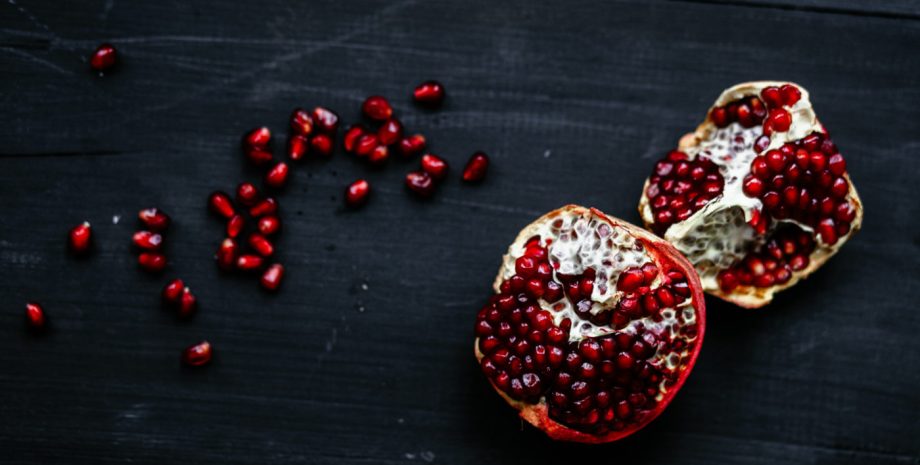

Fortunately, there are plenty of great fruits and vegetables that are in season during the winter. Some may be familiar, some not so much. But they’re all great ways to freshen your meal options for the season.
Brussels Sprouts
Despite looking like immature cabbages, Brussels sprouts want you to know that they are very much their own vegetable. But they do belong to the cabbage family, along with broccoli, kale, and kohlrabi, and other favorites of kids everywhere (yes, we’re being somewhat tongue-in-cheek here). And they’re rich in vitamins C and K (a blood coagulating agent, which makes Brussels sprouts not the best choice for those taking some blood-thinning medications).
If you grew up despising boiled and soggy Brussels sprouts, you should give them another try in their roasted or grilled form. They’re absolutely delicious with a little balsamic vinegar, as in this Barefoot Contessa recipe.
Citrus Fruit
For those who find winter a bit dreary, citrus season is one sure sign that someone up there likes us. Oranges, clementines, grapefruit, lemons, and limes have the power to brighten and sweeten even the grayest days, and they’re all great sources of vitamin C, which is essential for health and a powerful antioxidant.
While many of us enjoy oranges and grapefruit in juice form, whole fruits offer the most nutritional benefit while containing less sugar. Many citrus fruits are delicious on their own, but make an intriguing addition to many recipes, such as this salmon with grapefruit salsa.
Collard Greens
Collard greens are a southern and soul food staple in the U.S., and they’ve been enjoyed around the world since the time of the ancient Greeks, with good reason. They’re delicious, nutritious, and high in lots of vitamins and minerals, including vitamins A and C, as well as calcium, iron, and manganese. They’re astonishingly high in vitamin K (so, again, those on anti-coagulants should use caution).
Collard greens are often cooked with smoked pork or turkey, but for those vegetarians out there (or those avoiding smoked meats), this vegetarian version is also top-notch.
Dates
Another seasonal favorite, dates are a fine source of B vitamins, and the minerals magnesium, manganese, and potassium. They’re also sweet and delicious, which means they’re a great fruit to snack on when your sugar cravings are driving you to distraction. Try these healthy date and banana cookies next time you’re thinking of reaching for a tube of cookie dough.
Leeks
A relative of onions and garlic, leeks have a more delicate flavor that makes them ideal for salads and soups. They’re a good source of vitamins A, B6, C, and folate, as well as iron and manganese. They’re also a key ingredient in some deliciously simple and healthy recipes, such as cream of tomato and potato soup.
Pears
There are many delicious winter pear varieties: Anjou, Bosc, Comice, and Seckle among them. Like all pears, they’re richer in sugar than in other nutrients, but are also a terrific source of fiber, making them a nutritious snack or dessert. Or think salads, like this crunchy pear and celery combination.
Pomegranate
A delicious source of vitamins C, K, and folate, pomegranate seeds take a little work to remove, but they’re worth it. The crunchy, juicy seeds are great on their own, but also make a delicious addition to salads, smoothies, drinks, and dips, like this roasted red pepper, walnut, and pomegranate dip.
Sweet Potatoes
A powerhouse source of beta-carotene, sweet potatoes are only distantly related to the potato but can be used in very similar ways, from mashing and baking to delicious seasoned fries. But this versatile vegetable can be used in all sorts of ways, such as these Thai sweet potato noodle bowls.
Turnips
Turnips provide food in the form of roots and greens and are close relatives of Brussel sprouts and collard greens, which means they also have a high vitamin K content and that those taking blood-thinning medication should eat cautiously. They’re also rich in vitamins A, C, and folate. While turnip roots and greens are delicious prepared in any number of ways, the plant does contain a chemical that those with a certain gene pair may find intolerably bitter. But you never know until you try them—roasted with olive oil, salt, and your favorite herbs is a great way to start.